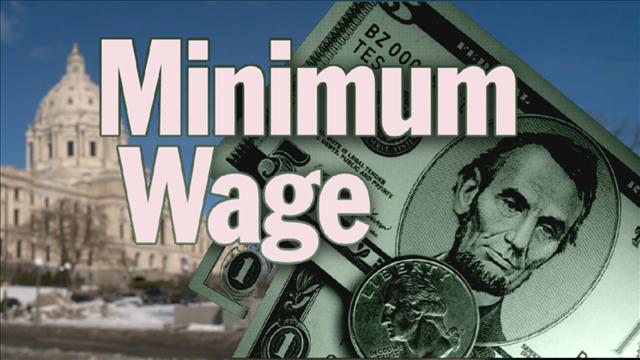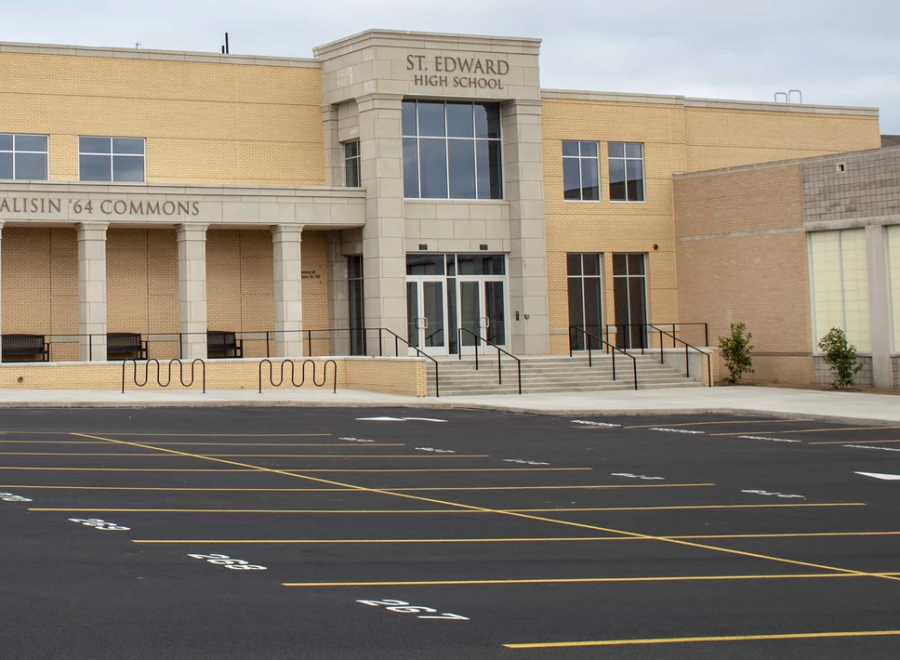
Ryan Palko ’14
Recently the United States celebrated Labor Day. This day is in honor of the dignified work that built this nation. Historically, the laborers that built America were overworked and underpaid for their labor. Now, in America we recognize their labor efforts through the right to unionization and “fair” wages.
A topic of controversy now is to raise the minimum wage from $7.25 to $9.80. The reasoning in raising the minimum wage is to account for the increase in inflation. Minimum wage hasn’t been raised since 2009, and it needs to accurately reflect the standard of living. The Department of Labor states that an increase in minimum wage will benefit 15 million Americans. It will account for the 3% growth in the economy since 2007, and help match the cost of living.
The facts about minimum wage are listed in the preceding paragraph. These statistics do not account for the increased wage’s effect on the economy. The Department of Labor commented on the effect an increase will have on the economy. They say, “Since 1938, the minimum wage has been increased 22 times. Over the last 75 years, real gross domestic product per capita has steadily increased, even when the minimum wage has risen.” This statement is short sighted in how much of an increase is needed now to match the inflation rate. The Department of Labor also states that, “Academic research has shown that higher wages sharply reduce employee turnover, which can reduce employment and training costs.” Again, the department is short sighted in that businesses will now have to pay out more money to workers and still make the same profits. Small businesses will be hurt because they cannot afford to pay their workers that much more. Over time businesses would adjust to the new wages. However, initially, this steep increase will hurt them and people possibly will lose jobs.
The solution to this problem is to gradually increase the minimum wage. This ensures that the economy is not hurt by the immediate increase in workers’ wages. In this country, people need to be able to make a dignified wage. This means minimum wage should bring Americans to the standard cost of living. Therefore, in the future Congress needs to continually assess minimum wage to make sure it rises with inflation.




